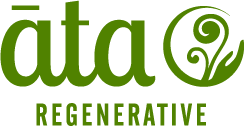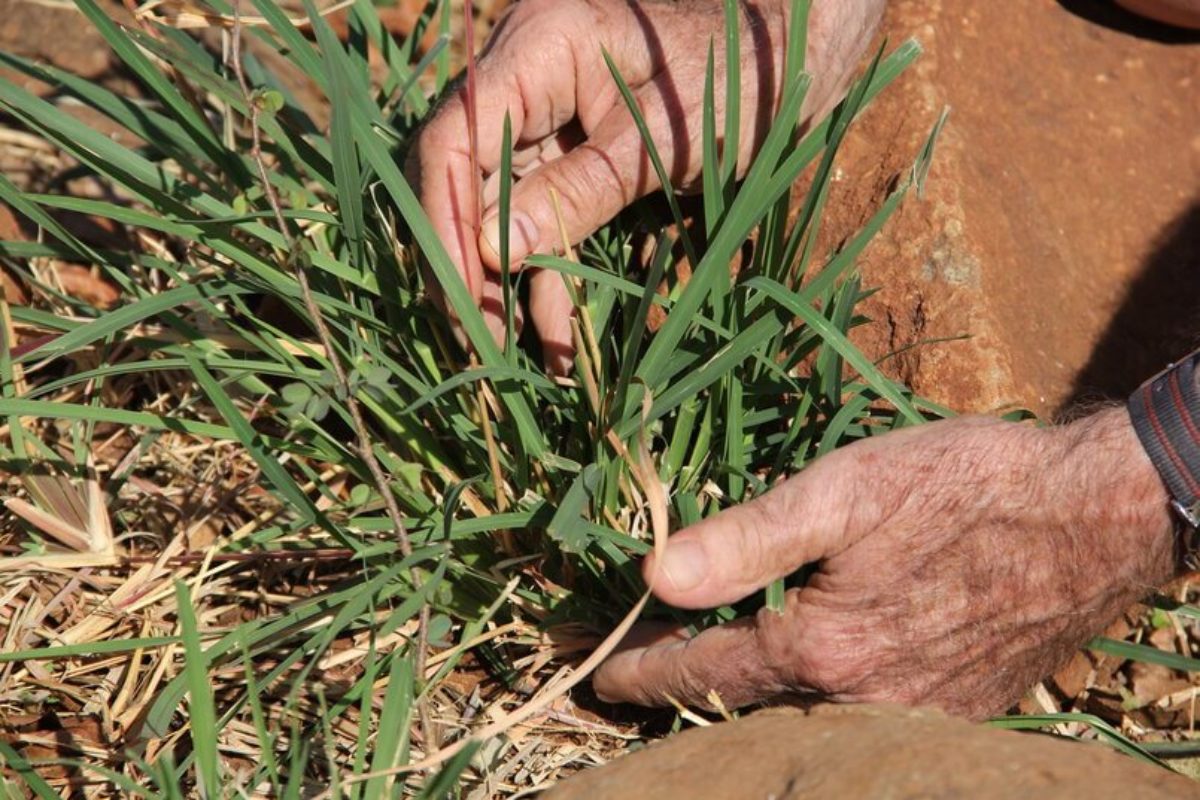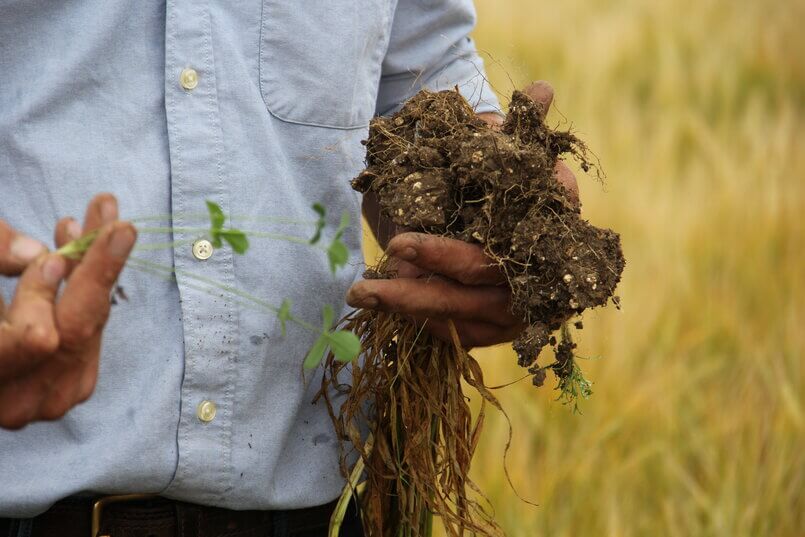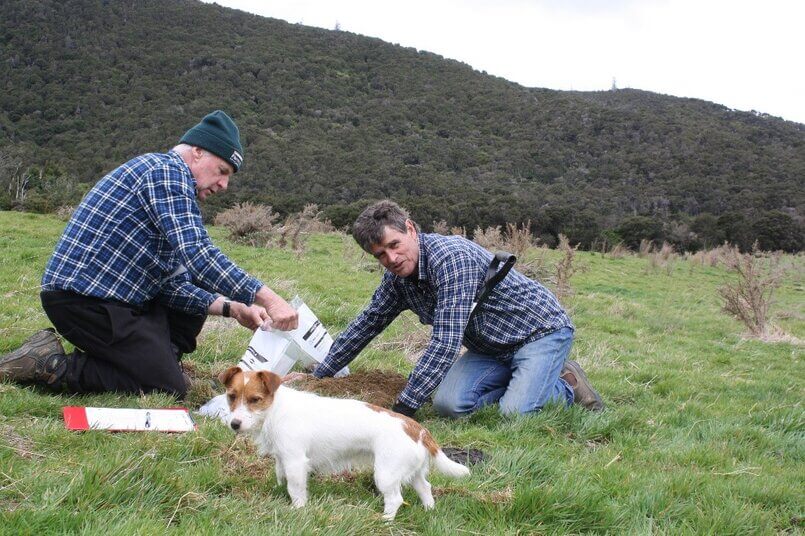Would you like to train as a Short-Term EOV Monitor?
You can now become a Short-Term Monitor of Ecological Outcome Verification Accredited by Savory Institute.
Learn to monitor ecological health of land to help inform land managers as to the impact of their management on ecological health.
This would suit farmers, consultants or others working in the farm support/service sector and create an additional earning opportunity.
Ecological Outcome Verification (EOV) is the science inside the Land to Market programme connecting produce from regenerating land to conscious consumers. Short-Term monitoring is completed annually as part of the verification of the land base.
This is a 4 day training programme. Once you have completed the training plus two further farms under supervision, you are able to complete the annual Short-Term Monitoring as part of the Ecological Outcome Verification. You can also advance to higher levels in accordance with your training and field experience.
The first of our courses is planned for the Central/Southern Hawkes Bay Region starting on 25th September. Please register your interest using the form on our Contact page.
What is Ecological Outcome Verification?
Ecological Outcome Verification or EOV is an approach to measuring your regenerative progress developed by the Savory Institute. Ata Regenerative is the only certified Ecological Outcome Verification provider in New Zealand.
EOV allows you to learn from and respond to your land and your regenerative journey in real time. It collects data from your farm to measure how well you are doing. Through the Land to Market program there is also the potential to connect you to conscientious brands as an accredited and verified regenerative producer.
Some of the key indicators used in this process are soil health, biodiversity and ecosystem function. If your data is showing positive regenerative progress you are able to be verified. This validates your farm so consumers can trust what you are producing.
It gives you the data you need to make everyday decisions via fast feedback in critical areas like plant litter incorporation, dung decomposition, soil capping and the presence of desirable plant species. It’s these little pieces of intelligence that drive positive change at the macro level.
The insights include improved food security, better water retention, and critically, they promote effective carbon sequestration.
EOV gives the land a voice of its own, through empirical and tangible outcomes.
Ecological Outcome Verification keeps everyone honest about the impacts our operations are having on our living landscapes. Your land is either regenerating, or it isn’t. It is a simple concept.
However, EOV is made to be relevant for each individual farmer and farm and this is evaluated against a selected reference area which is carefully calibrated against unique flora and fauna, precipitation rates, topography and soil characteristics. There is no one-size-fits-all solution for complex living systems.
EOV empowers farmers, brands and consumers to make better decisions on sourcing products that will supply better health outcomes.
You can read more about Land to Market here.
You can also watch a video of our recent Land to Market webinar here:
Ata Regenerative are at the forefront of regenerative agriculture practice in New Zealand. With 17 years working in the regenerative space and as the only EOV provider in the country, Ata Regenerative can assist with your transition to farm practice that focuses on the regeneration of soils, increased productivity and biological diversity, as well as economic and social well-being. To find out more, contact us here.




